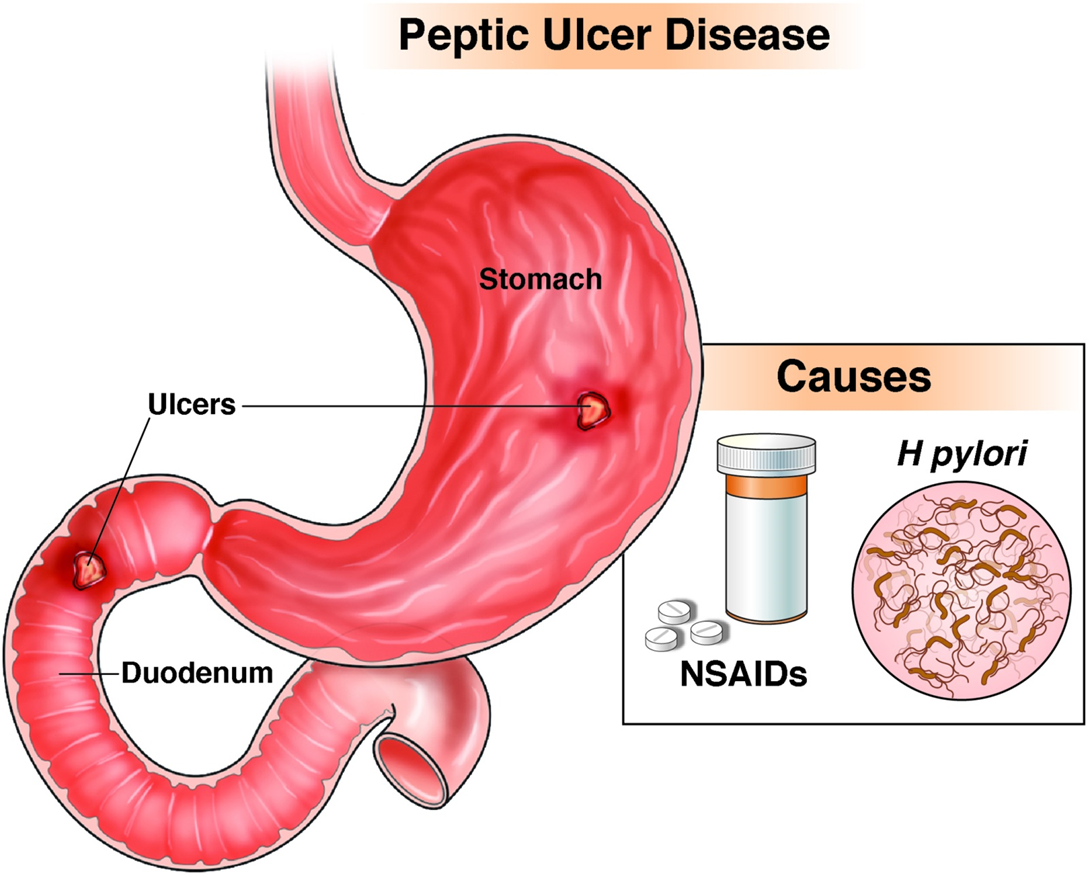The nurse is caring for a 52-year-old male patient with a bowel obstruction. Which of these signs would be the earliest indicator to the nurse that the patient is developing symptoms of shock?
Urine output 18 mL/hr.
Blood pressure 88/50 mmHg.
Lethargy.
Pulse 110 bpm.
The Correct Answer is A
Choice A reason: A urine output of 18 mL/hr is significantly lower than the normal range (typically around 0.5-1 mL/kg/hr), indicating possible renal hypoperfusion, an early sign of shock.
Choice B reason: While blood pressure is an important indicator, it may not drop until later stages of shock.
Choice C reason: Lethargy can be a sign of shock, but it is a more subjective and later symptom compared to the objective measure of urine output.
Choice D reason: An elevated pulse is a compensatory mechanism in shock, but it is not as specific an early indicator as a decrease in urine output.
Nursing Test Bank
Naxlex Comprehensive Predictor Exams
Related Questions
Correct Answer is D
Explanation
Choice A reason: This statement is incorrect because it suggests that higher oxygen levels trigger breathing, which is not the case in hypoxic drive.
Choice B reason: While carbon dioxide levels do influence breathing, this statement is not accurate in the context of hypoxic drive, which is specifically about oxygen levels.
Choice C reason: This choice is incorrect because the client does notice the need to breathe, but the trigger is low oxygen rather than high carbon dioxide levels.
Choice D reason: This is correct. In clients with COPD, chronic high levels of carbon dioxide can lead to a reliance on low oxygen levels to stimulate breathing.
Correct Answer is D
Explanation
Choice A reason: While bulimia can contribute to gastrointestinal issues, it is not as directly linked to peptic ulcers as the use of nonsteroidal anti-inflammatory drugs (NSAIDs).
Choice B reason: Drinking green tea is not typically associated with an increased risk of peptic ulcers.
Choice C reason: Consuming spicy foods is a commonly believed risk factor, but it is not supported by strong evidence as a direct cause of peptic ulcers.
Choice D reason: The use of NSAIDs, such as ibuprofen, is a well-established risk factor for the development of peptic ulcers due to their effect on the stomach lining.

Whether you are a student looking to ace your exams or a practicing nurse seeking to enhance your expertise , our nursing education contents will empower you with the confidence and competence to make a difference in the lives of patients and become a respected leader in the healthcare field.
Visit Naxlex, invest in your future and unlock endless possibilities with our unparalleled nursing education contents today
Report Wrong Answer on the Current Question
Do you disagree with the answer? If yes, what is your expected answer? Explain.
Kindly be descriptive with the issue you are facing.
